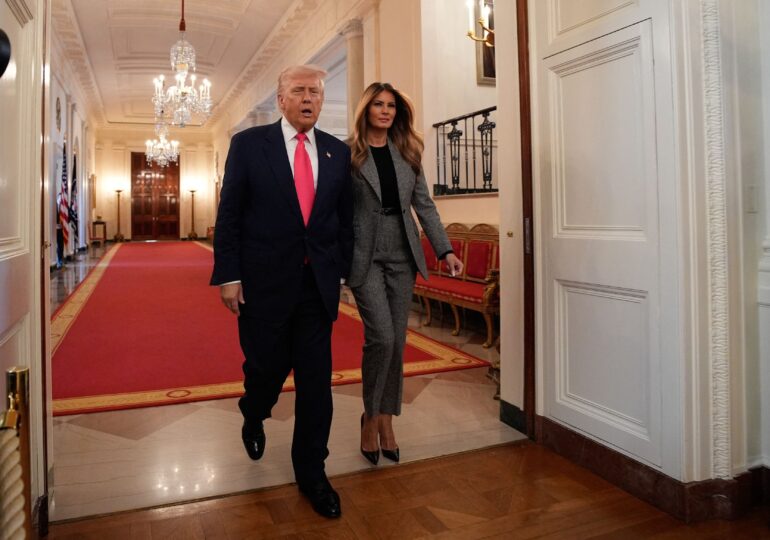On the morning of August 10, 2019, a guard at the Metropolitan Correctional Center in New York sounded the alarm. It was 06:30 in the morning when, during the rounds, in a cell, he found a man hanging from one end of the raised metal bed, leaning against the wall. After the alert, the center’s medical staff intervened, but it was too late. At 06:39, a prison doctor pronounced Jeffrey Epstein’s death.
At the time of passing, he had a net worth of 560 million dollars, having been arrested a month earlier for multiple offenses including human trafficking for sexual abuse.
At the time of his arrest, the scandal surrounding him had reached its peak, with several victims recruited and exploited by him over two decades filing criminal complaints, publicly speaking about the exclusive circle created by Epstein where sexual services were offered to some of the wealthiest and most influential people on the planet.
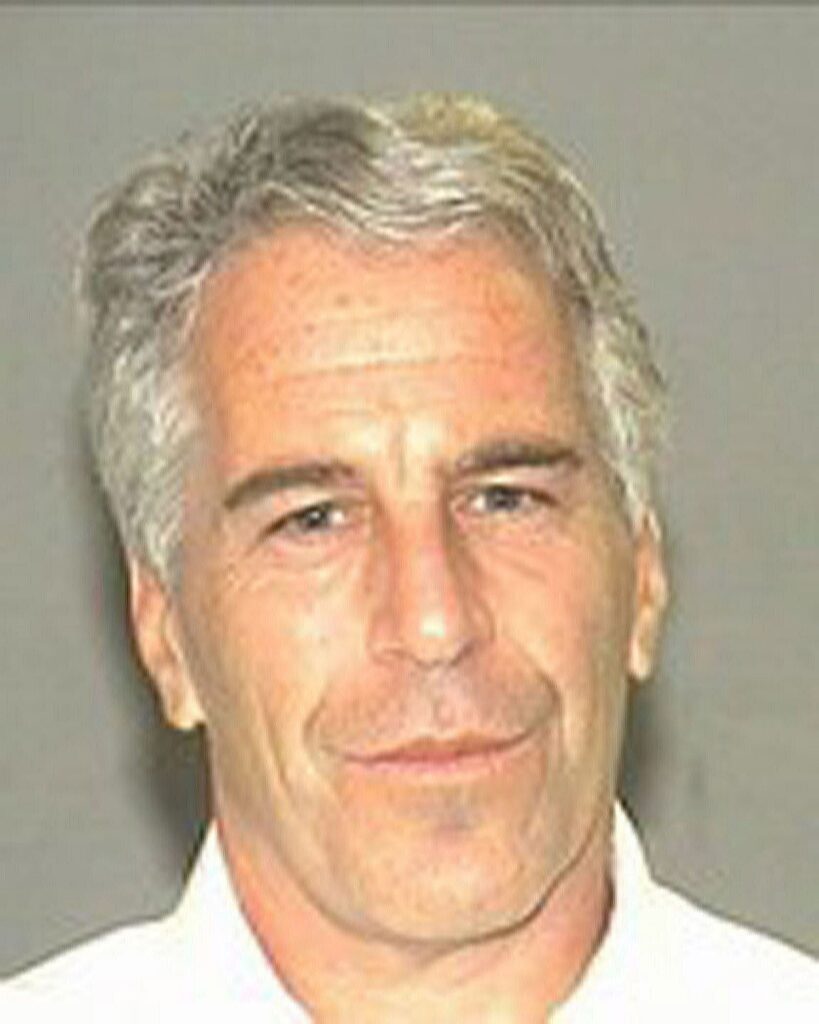
Jeffrey Epstein died at the age of 66 under mysterious circumstances, leaving behind a fortune of over half a billion dollars, as well as the secrets of a dark business involving trafficking, abuse, and sexual slavery, in which some of the richest and most influential men in the world were implicated - Photo: Hepta.ro
A Storm of Gross Errors
Although Jeffrey Epstein was a major target due to the secrets he held, the way he was protected and guarded against potential elimination attempts was "a perfect storm of gross errors," according to a statement by William Barr, the U.S. Attorney General at the time.
On July 23, 2019, more than two weeks before his death, Jeffrey Epstein was found unconscious in his cell with neck injuries, with the prison administration suspecting an attack by his cellmate Nicholas Tartaglione, a fellow inmate convicted of drug trafficking.
An internal investigation cleared him of the accusations, stating that the trafficker had no legal responsibility.
Due to suspicions and authorities' negligence, intentional or not, a whole culture of conspiracy emerged around Epstein's death. In reality, the case itself, the investigation, and the testimonies of the victims abused sexually by the world's powerful are more shocking and painful than any conspiracy.
Republicans, the MAGA movement, Vice President JD Vance have turned this case into a cornerstone of electoral campaigns that brought Donald Trump back to the White House.
The big promise was that this explosive content would be made public, and all the secrets from there would be brought to light. But as new officials from the Department of Justice, appointed by Donald Trump, began to sift through pages of the case, they found that the current president was a central figure in the entire corruption and sex trafficking affair.
Trump's Downfall
Furthermore, these officials, led by Pam Bondi, the new U.S. Attorney General, discovered that, in reality, Donald Trump had appointed them to bury the affair, not to bring it to light.
Thus began a bureaucratic and public relations ballet in which Donald Trump tried to remove the Epstein Case from the political agenda. He failed.
Over time and especially following the collapse of his public support, a movement to break free from the president's authority started within the Republican Party, leading to a situation where, in the House of Representatives, despite opposition from Mike Johnson, the House Speaker and Republican House leader, a bipartisan majority was formed, voting for the publication of the Epstein Case documents.
Victims recovering from a strong trauma, as I am, know too well how the danger of a mental collapse lurks in the shadows, ever present. No matter how many years pass or how many therapists you consult, the trauma can resurface, unexpectedly, seemingly out of nowhere. A song on the radio can trigger it. Or the scent of a stranger. For you, the trigger will probably not be a tapestry the size of a wall at the Louvre Museum, but you never know.
Virginia Giuffre, Jeffrey Epstein's victim, author of the book Nobody's Girl: A Memoir of Surviving Abuse and Fighting for Justice
Trump's downfall was so harsh and visible that the American president, in order to mitigate the negative impact on himself, announced that he supports the vote and will sign the law to make the information from the case public.
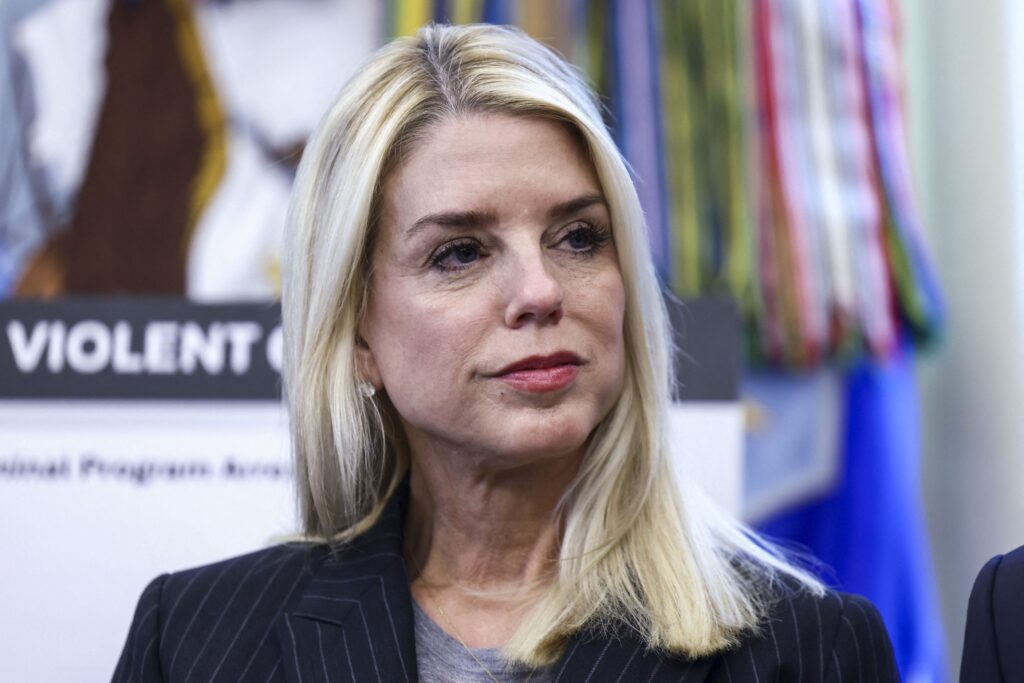
How to Hide a Case
"Before taking office, I requested the complete files regarding Jeffrey Epstein. In response to this request, I received approximately 200 pages of documents, consisting mainly of flight logs, Epstein's contact list, and a list of names and phone numbers of victims," wrote Pam Bondi, the U.S. Attorney General, in a letter addressed to FBI Director Kash Patel, dated February 25, 2025.
"I repeatedly asked if these were all the documents that met my request and was repeatedly assured by the FBI that I received the complete set of documents. Yesterday, late, I learned from a source that the FBI New York Office held thousands of pages of documents related to the investigation and indictment of Epstein. Despite my repeated requests, the FBI never disclosed the existence of these files. When we spoke yesterday, you were as surprised as I was to learn this new information," Pam Bondi wrote in February.
The document is interesting because it shows how officials appointed by Trump extricated themselves from the Epstein affair, as well as the ploys used to hide the case.
In that letter, disguised in courtesy, Pam Bondi accuses the FBI of concealing the case, shifting the responsibility onto the agency.
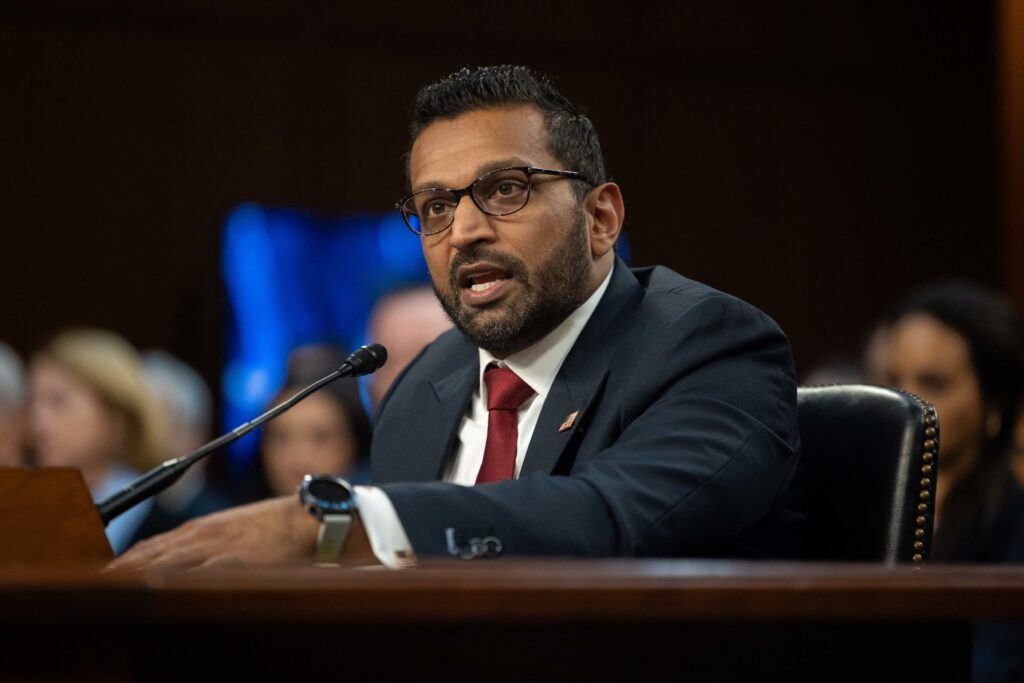
Which President is More Guilty?
In response to the release of over 20,000 emails by a parliamentary investigative committee led by Democrats, announcing the new strategy to defend against accusations of benefiting from Epstein's services and having a friendship with him, Donald Trump asked the Department of Justice to launch an investigation into the involvement of Bill Clinton, former U.S. president and former leader of the Democratic Party, in the exclusive circle of the American millionaire.
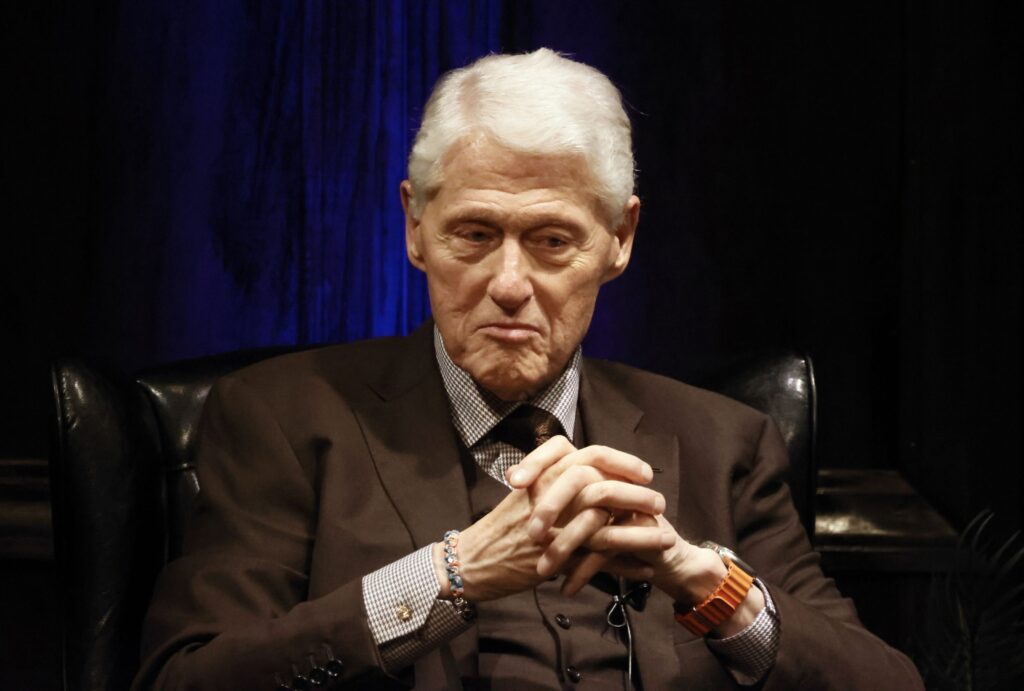
Following this request, it can be inferred that a confrontation will unfold between the two political forces, accusing each other that leaders of both parties had connections with Epstein.
"...the commission's Republicans released the rest of the recently obtained materials, condemning the Democrats for choosing three messages referring to Donald Trump. Additionally, they identified the anonymous victim mentioned in two of the emails as Virginia Giuffre, who committed suicide in April and who stated that she did not witness Donald Trump's involvement in sexual abuse of minors at Epstein's residence," as reported in an article published by the New York Times.
It must be emphasized that the strategy chosen by the Republicans is a crisis one, with uncertain outcomes, because in a game of accusations, with evidence on the table, generally, those most affected are those in power, much more visible and exposed to criticism.
Starting now, the Epstein File will be the main domestic policy issue in the US, one that will have a major impact on next year's midterm elections, which will decide who will control the House of Representatives and the new balance of power in the Senate.

